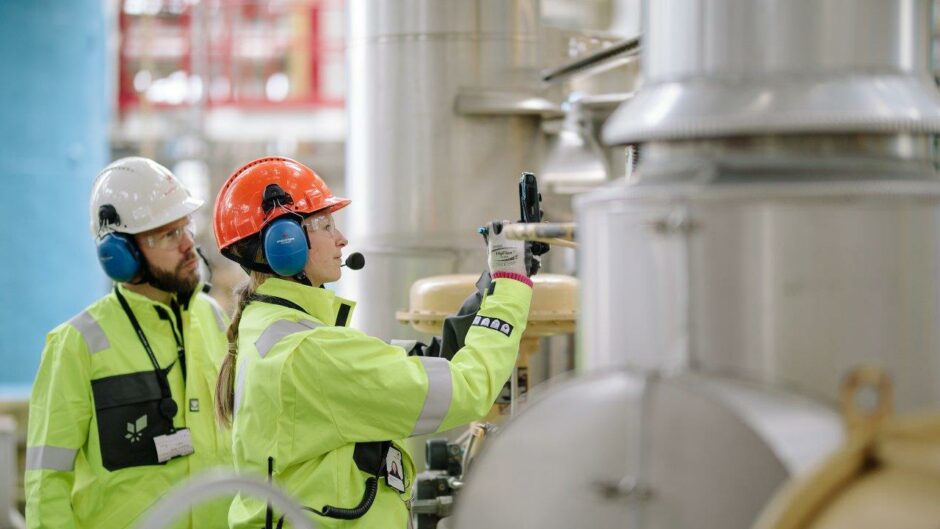
Equinor and Engie have announced the start of a joint project to develop low-carbon hydrogen production from natural gas in Belgium, dubbed H2BE.
The formal kick-starting of the project follows a memorandum of understanding signed between the two energy majors earlier this year.
Under H2BE, the two aim to produce “blue” hydrogen from natural gas using autothermal reforming (ATR) technology combined with carbon capture and storage (CCS), with the aim of beginning operations “well before 2030.”
It follows the publication of the Belgian federal government’s Hydrogen Strategy on 29 October, which H2BE will play a key role in helping to deliver, Equinor said in a statement.
ATR technology enables decarbonisation rates above 95%, the companies said, and the production of hydrogen at gigawatt scales, and at competitive cost levels. Captured CO2 is planned to be transported in liquid form and to be permanently and safely stored at a site in the sub-surface of the Norwegian North Sea.
The two companies will now launch a feasibility study to assess the technical and economic suitability of a site in the Ghent area, Equinor added, while commercial talks with potential hydrogen offtakers, predominantly large, hard-to-abate industries, continue simultaneously.
Discussions are also ongoing with North Sea Port on integration with port infrastructure there. The H2BE project fits within the site’s strategic plan – Connect 2025 – in supporting the development of hydrogen and CO2 infrastructure.
Engie and Equinor said they would also enlist Belgium’s independent transmission operator Fluxys to ensure the necessary hydrogen and CO2 infrastructure would be in place.
Fluxys too has plans to connect supply and demand across industrial clusters in Belgium and neighbouring countries, and the addition of the H2BE project will enable additional synergies with other hydrogen and CO2 capturing projects, lowering costs, the companies added.
“We are delighted to launch the H2BE project. Together with our partners we have developed a foundation that has the potential to deliver reliable low-carbon hydrogen from natural gas to enable large-scale decarbonisation of industries, including continuous and flexible electricity production,” said Equinor’s SVP for low carbon solutions, Grete Tveit.
“Together with our partners we have a strong and complementary expertise covering all parts of the value chain. We will leverage this when moving this project forward with the goal of realization and contribution to the success of Belgium’s hydrogen economy.”
H2BE is one of many hydrogen projects Equinor is now pursuing, including the 600 megawatt H2H Saltend hydrogen production plant in the UK – one of the world’s first at-scale facilities to produce hydrogen from natural gas, in combination with carbon capture and storage.
Recommended for you
